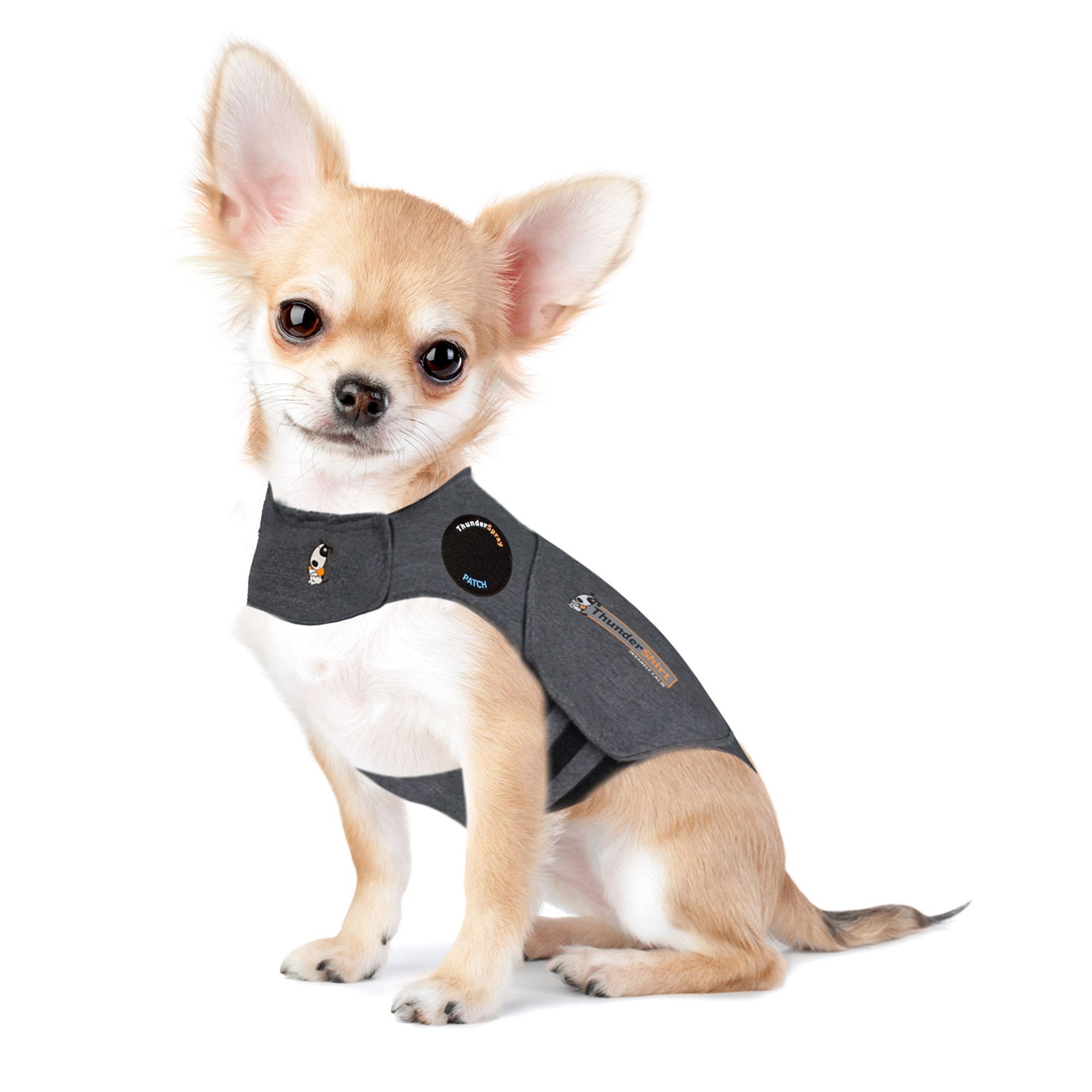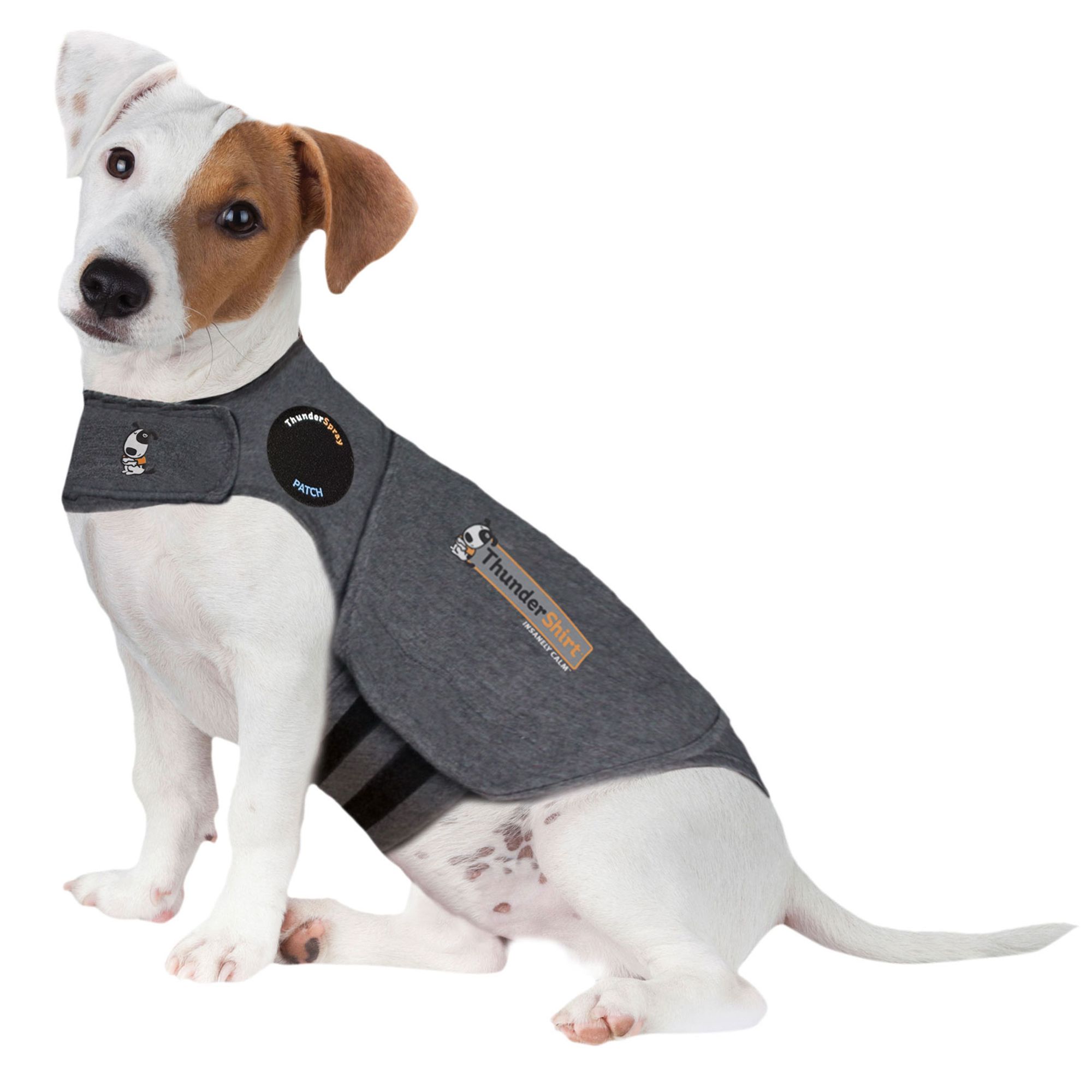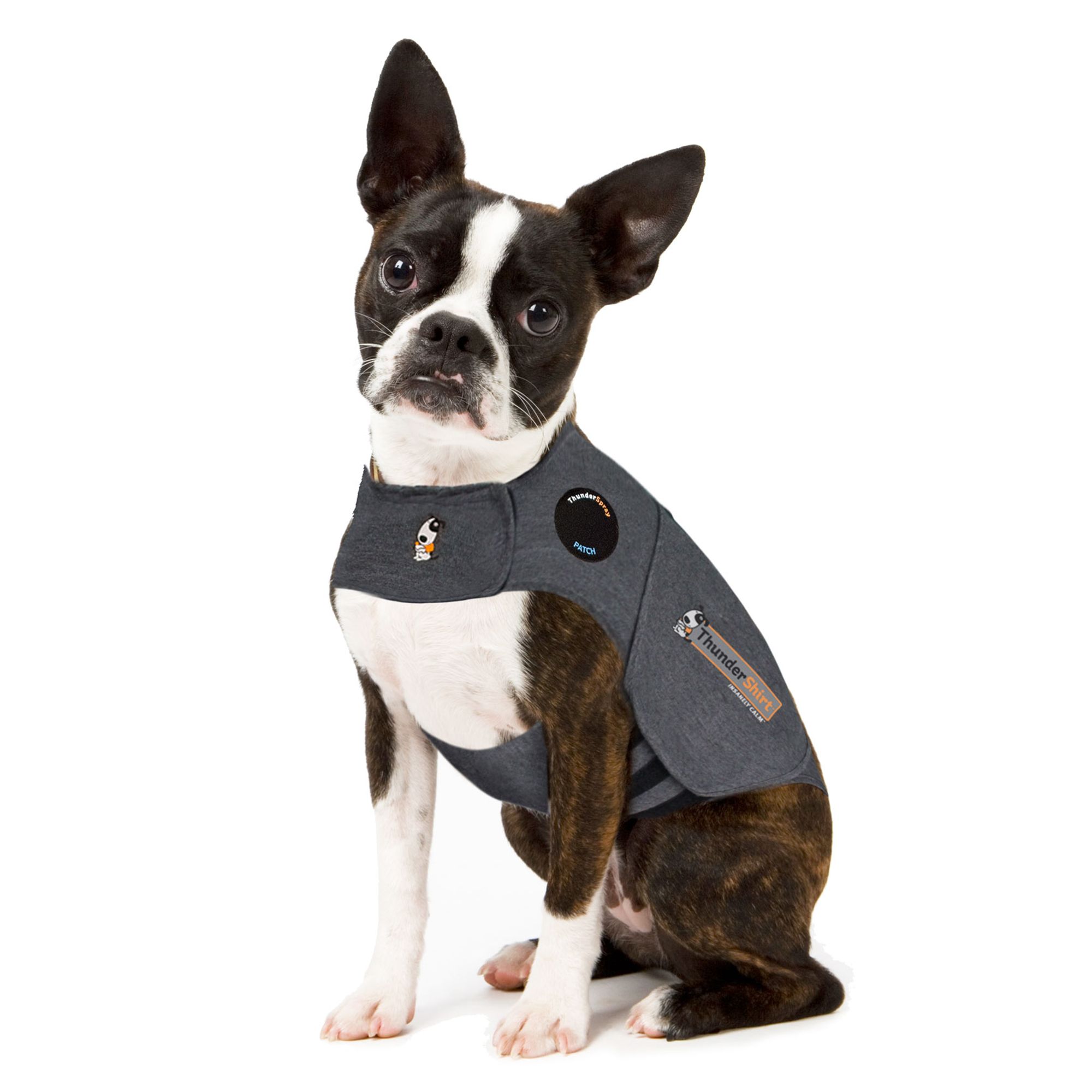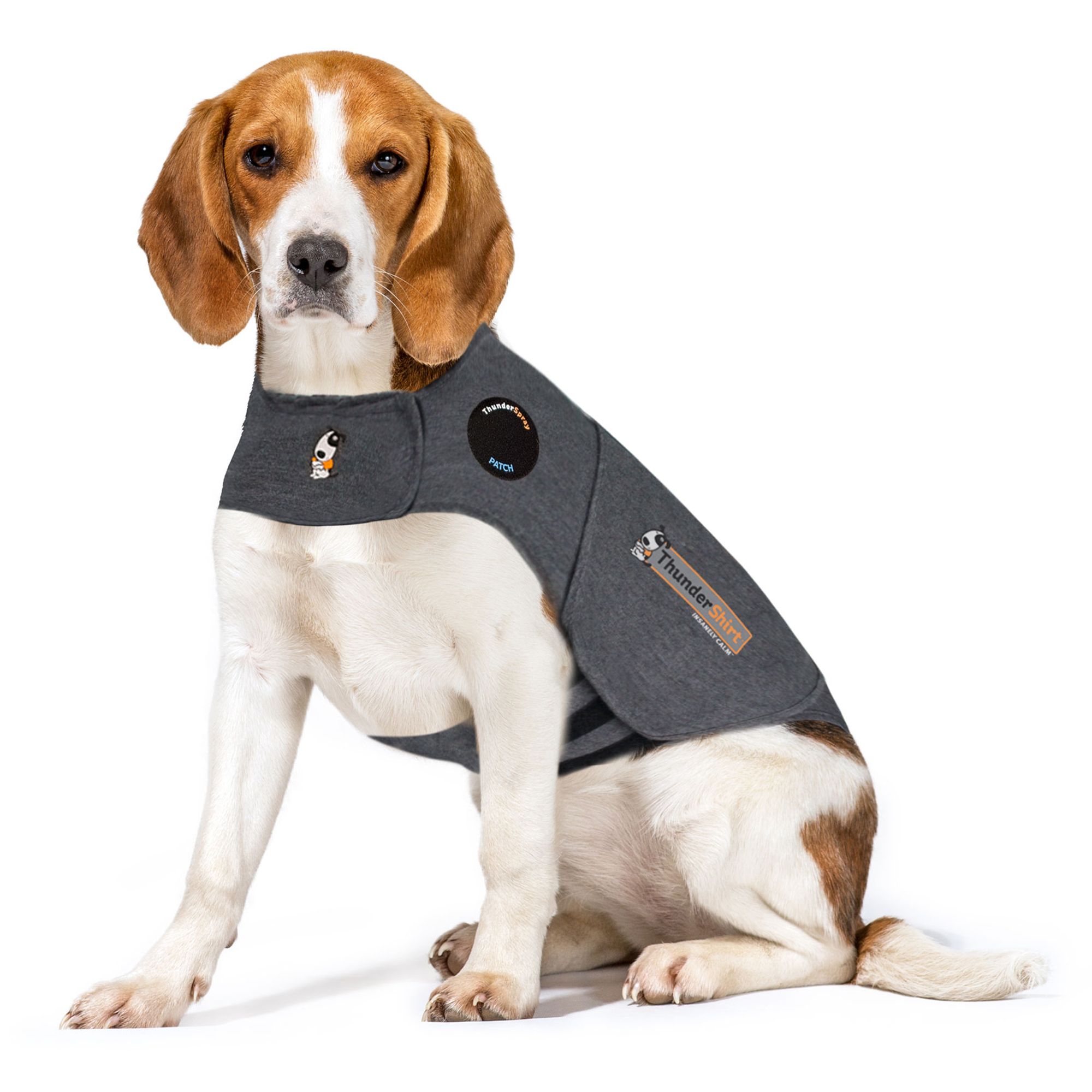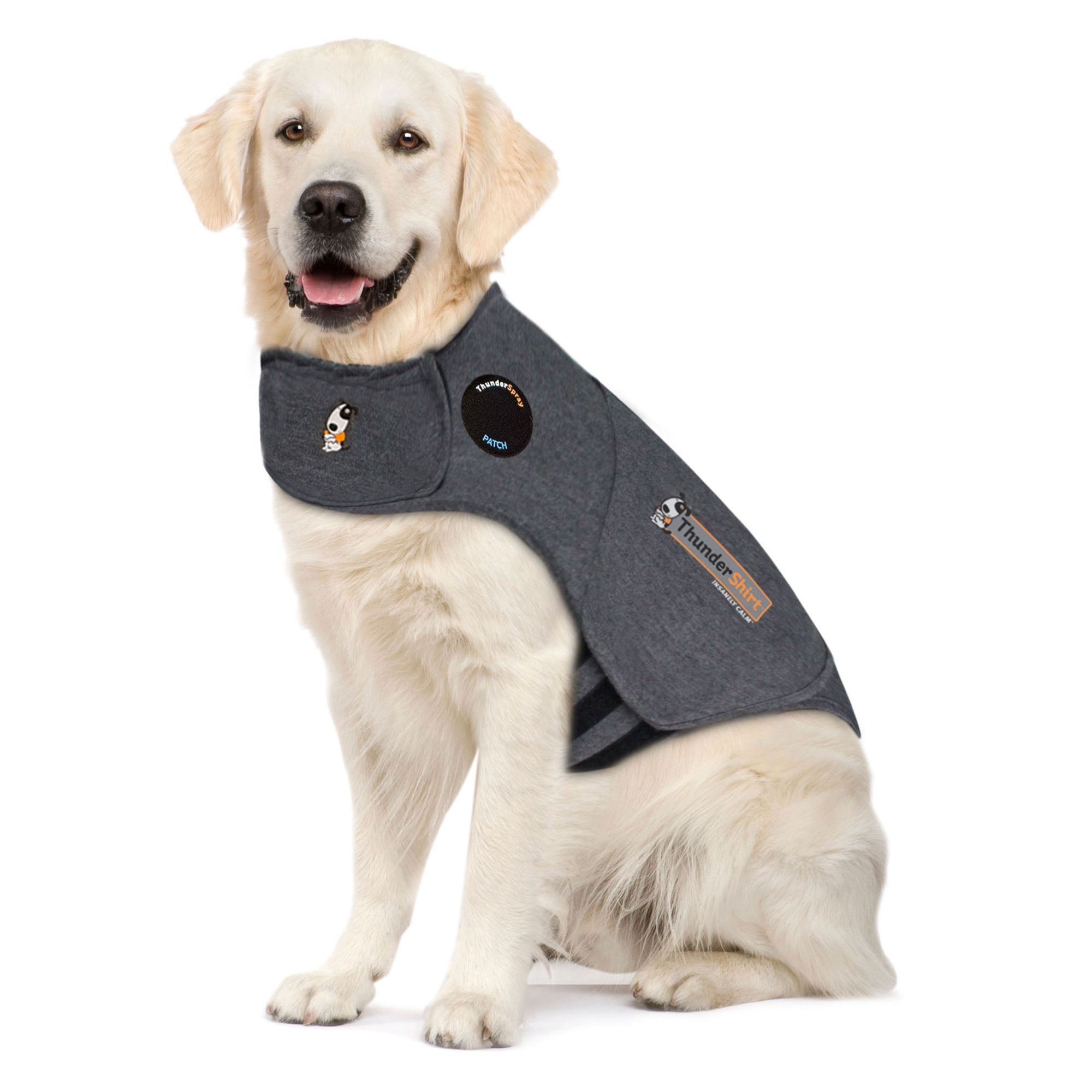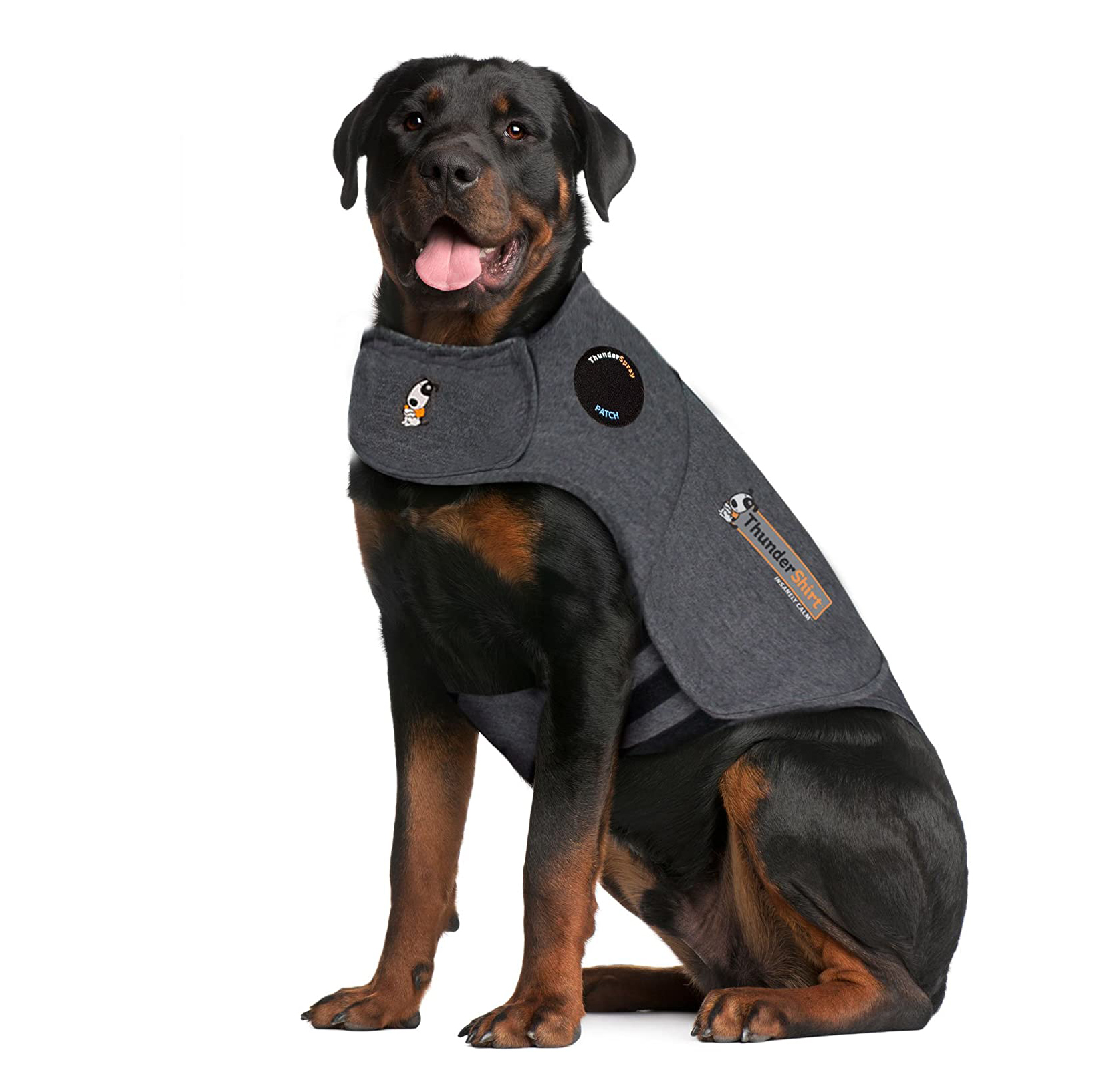How to Help Your Dog with Separation Anxiety
One of the most common frustrations of dog owners is that their pup can be destructive when they are gone. It is possible that there are behavioural issues that need to be addressed, but it could also be because they are experiencing separation anxiety. Separation anxiety is a condition in which dogs suffer severe mental or emotional distress when separated from their owner or primary attachment figure. Even if you wanted to, you can’t be home at all times, so here are a few tips that can help to reduce separation anxiety for your dog when you are gone. As always, check with your vet to make sure nothing else is going on medically .
Top 5 Tips
1. Exercise Your Dog Before You Leave
- A tired dog will have less energy to get into trouble, and may even just nap while you are gone
- Wrap up your exercise session at least 30 minutes before you leave so they have time to calm down
2. Try to Take the Emotion Out Of Leaving and Arriving
- Often at times, dogs emulate your feelings. Therefore if you make a big deal about leaving, they also think it is a big deal
- If your dog jumps on you when you get home, try to ignore them by turning your back
- Once they have calmed down, greet them calmly
3. Give Your Dog a Special Treat Before You Leave
- You could try a bone, or chew toy
- This can help to keep them occupied, and not as aware that you aren’t there
4. Try a Calming ThunderShirt
- A ThunderShirt is a calming wrap that feels like a hug to your pup, helping them to feel calm and safe while you are gone
- ThunderShirt’s patented design applies a gentle, constant pressure (kind of like a hug) and helps provide a calming effect on your dog
- 1,000,000+ dogs have already been helped – yours could be next!
5. Contact Your Vet
- If none of the above completely calm your dog and he or she still seems very distressed during fireworks, contact your veterinarian for additional assistance. In some cases a small amount of an anxiety relieving medication in addition to the Thundershirt may be all that is necessary to help your dog eventually lose their fear of fireworks.


Success Stories
“I rescued a dog a few months ago. 12 yr old deaf pit mix with severe separation anxiety. And I mean severe. Self injury, trying to escape, non stop barking, peeing himself. As a last ditch effort to get him to at least mild, i ordered a ThunderShirt. Honestly didn’t think it would work at all. Very wrong. It was the final piece of the puzzle and I have a legit calm dog!! I’m thrilled”
“I have a small chihuahua dachshund mix who has pretty bad separation anxiety and has the need to follow me around everywhere when I’m home. My main reason for purchasing this is I start classes soon, and when my dog is home alone she barks nonstop. And oh my god, I love the ThunderShirt, my dog loves it, and even though I’ve never met them it’s safe to say my neighbors love it too.”
“I ordered this for my female German Shepard who has severe separation anxiety. She obsessively barks, paces and looks out the window when I leave. I put the jacket on and was expecting it to be a battle – it wasn’t! No exaggeration, the vest hit her fur and she was a different dog. Rather than fighting she just sat down and let me adjust it. She was immediately calm and curled up to take a nap. This is remarkable. “
How to Help Your Dog with Separation Anxiety?
If you return home to find that your dog has destroyed anything or eliminated in the house, DO NOT yell at them or punish them in any way. This only increases their anxiety and will make the problem behaviour worse.
If all of the above approaches fail to adequately address your dog’s separation anxiety, be sure to speak with your veterinarian.
Here are a few signs that could indicate your dog is experiencing separation anxiety:
Urinating and defecating in the house (if they normally don’t)
Chewing, digging, and overall destruction (especially to windows and doors)
Other behaviour problems can result in these signs as well so if you are unsure if your dog has separation anxiety, speak with your veterinarian.
If the separation anxiety is new, here are a few things that could have caused your dog to develop separation anxiety
– Change in owner
– The loss of a family member
– Change in schedule
– New home
